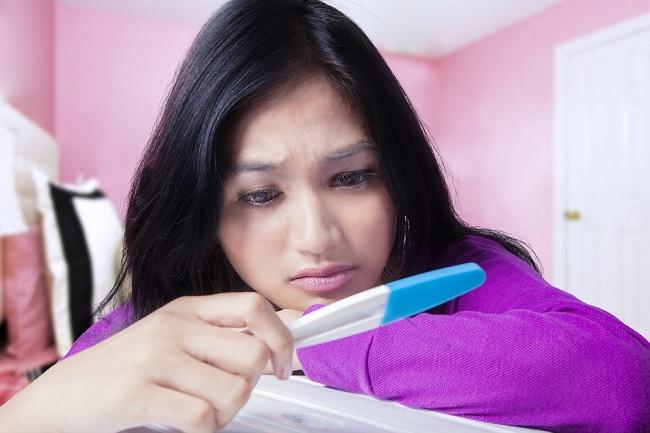Many people diligently clean the house but ignore the quality of the air in it. In fact, air pollution does not only exist outside the room, but also inside the house which can affect the quality of the air we breathe on a daily basis.
Air quality in the house needs to be considered, because it affects the health conditions of the occupants. If the air quality in your home is poor, then the risk of getting disease will be even greater. That is why, it is important to understand how to maintain air quality in the house.

Various Effects of Poor Air Quality
Air pollution is a form of environmental damage that threatens life. According to data from the World Health Organization (World Health Organization), the death toll from air pollution reaches 7 million people. About 3.3 million of them died due to the influence of bad air in the room.
There are several things that can cause poor air quality in your home, such as cigarette smoke, dust, pesticides, gases, mold, building materials, or pollen.
In the long term, various substances that cause air pollution (pollutants), are at risk of causing health problems, including:
- Respiratory tract infection
- Coronary heart disease
- Emphysema
- Cancer
- stroke
Poor air quality also has the potential to worsen the condition of several diseases, such as chronic obstructive pulmonary disease (COPD), asthma, heart problems, and diabetes. In addition, it can also harm the pregnancy and fetus.
How to Maintain Air Quality in the House
Keeping the air clean in the house is not as easy as cleaning dust on the floor or dirt on the table. There are several ways you can do to improve the air quality in your home, namely:
- m routineclean the house thoroughlyTo keep the air clean in the house, you can clean the carpet with vacuum cleaner or a vacuum cleaner, and tidy up messy items to reduce dust and mold buildup. Do this activity thoroughly and regularly, at least once a week.
- Replacing the air filter on air conditioningIf you have an air conditioner (AC), make sure you always clean it regularly, especially in the air filter or filter. This is to prevent dust and pollutants trapped in the filter from recirculating back into the room. Air conditioners that are rarely cleaned have the risk of increasing energy use, as a result your electricity costs will also increase and are not environmentally friendly. So, try to choose an air conditioner that is environmentally friendly, in addition to keeping the home environment comfortable, you also save on the use of electrical energy.
- Putting plants outside the houseKeeping plants indoors can be a source of oxygen for the body. But on the other hand, plants are also at risk of triggering the development of mold which can be a source of pollution in the house. If you are prone to allergies, you should not keep plants indoors.
- Open the window every dayVentilation serves to make air circulation in the house smooth. In order to maintain the air quality in the house, make sure you always open the windows, especially during the day. This is so that the dirty air in the house can move out and the house feels fresher.
- Installing the air purifierAir purifiers can be a solution if you have allergies to dust or particles in the air. This tool serves to clean pollutants that have the potential to interfere with your health. Although it may not clean the air thoroughly, at least an air purifier can reduce the level of air pollution in your home.
Do not let the dirty air in the house interfere with your health and that of your family. You should consult a doctor if you experience health problems due to frequent exposure to air pollution, the symptoms of which can include shortness of breath, headache, cough, runny nose, and irritation of the nose, throat, and skin.









